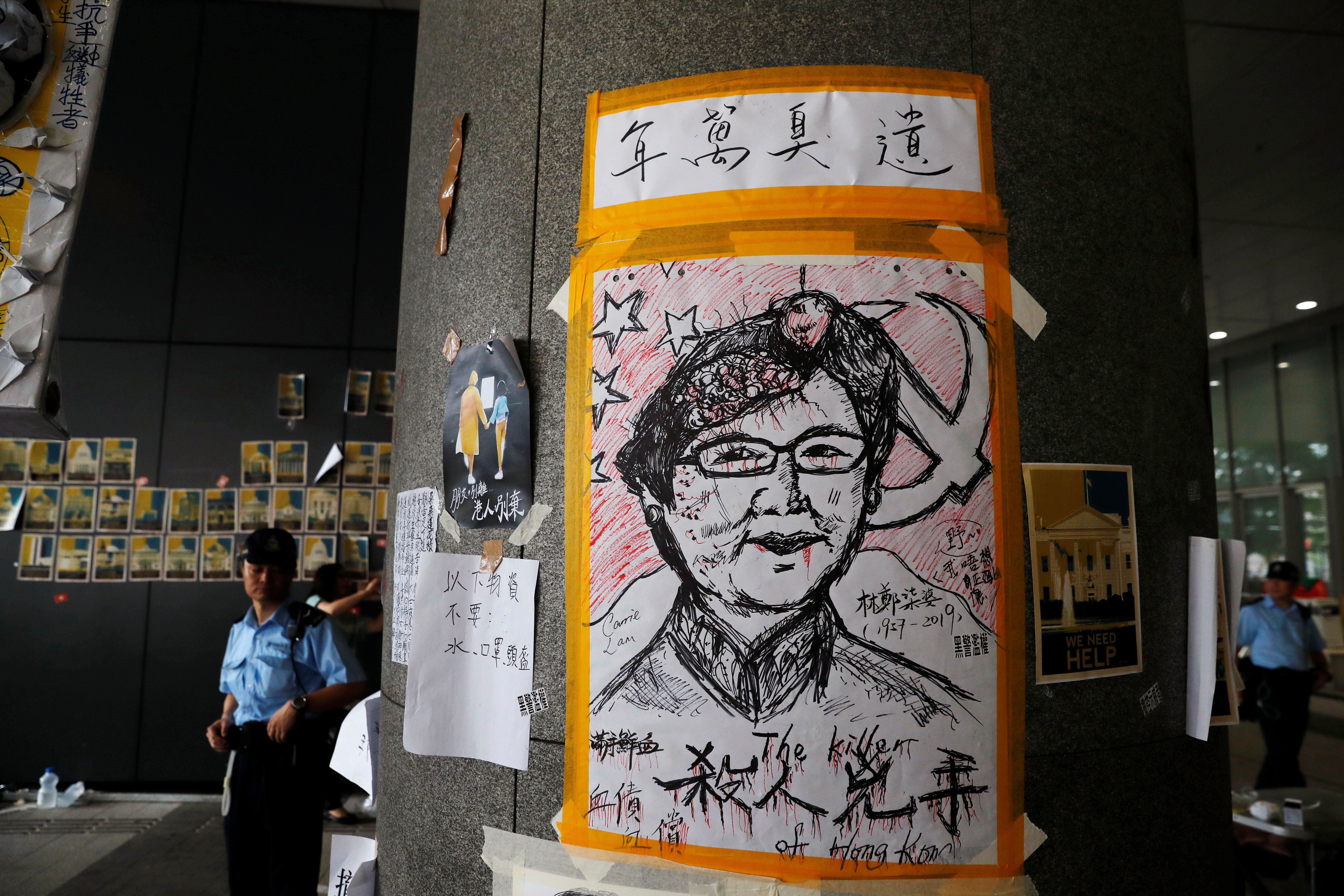What We're Watching: Hong Kong's end, the Belgian King's "apology," a small swatch of justice for the Rohingya
Hong Kong's end? Last month we mulled the question: is Hong Kong as we know it over? As of yesterday, the answer is: yes. China has now implemented a new national security law for the city, which criminalizes secession and collusion with foreign forces. The law in effect ends the autonomy granted (by international agreement) to Hong Kong when it reverted from British control to Chinese rule in 1997. Critics fear it will be used to stamp out the remnants of the pro-democracy protests that erupted last year in response to a separate attempt by Beijing to expand its writ over the city. We're watching to see what the city's fearless but increasingly encircled protesters do now. And we're also eyeing the reaction from abroad. Washington has begun rescinding Hong Kong's special trade and investment privileges, and will now treat the city the way it treats the rest of China. The move is meant to punish Beijing, but unlike twenty years ago when Hong Kong accounted for a fifth of China's economy, today it's less than four percent. Those who suffer most may be Hong Kongers themselves.
Belgium reckons with racial injustice: Recent protests in the United States have caused countries around the world to take a hard look at racial injustice within their own societies. In Belgium, following anti-racism protests in the capital, King Philippe sent a letter on Tuesday to the Democratic Republic of the Congo acknowledging atrocities committed during Belgium's half century colonial rule there. The letter, sent to Congolese President Félix Tshisekedi on the 60th anniversary of his country's independence, acknowledged Belgium's brutal legacy in the country formerly known as Congo Free State, which has contributed to the country's post-independence conflict and economic stagnation. Belgium's government also pledged to establish a parliamentary commission to scrutinize its colonial past. However, some critics say that the gesture is merely symbolic because the King is not a member of Belgium's government and holds no real power over the country's foreign relations. They also note that it stopped short of issuing a formal apology for crimes committed.
A small step towards justice for the Rohingya: Despite evidence showing that Myanmar's military committed atrocities against the Rohingya Muslim minority in 2017 that caused some 750,000 refugees to flee to neighboring Bangladesh, no one from Myanmar's army has been held accountable for their brutal crimes — until now. In a rare move, a local court martial found three military officers guilty of genocide against the Rohingya in northern Rakhine state, the army announced Tuesday. Both the country's powerful military as well as Aung San Suu Kyi, the now-disgraced Nobel peace prize winner and de facto head of government, have long denied allegations of ethnic cleansing against the Rohingyas. However, after Myanmar faced charges of genocide at the International Court of Justice late last year, the country's leadership flippantly acknowledged "weakness in following instructions" in Rohingya enclaves and set up courts martial to investigate the alleged abuses. However, no details have since been provided on the three perpetrators or their sentences, raising fears that this has been a sham trial and that the officers will continue to evade justice.
